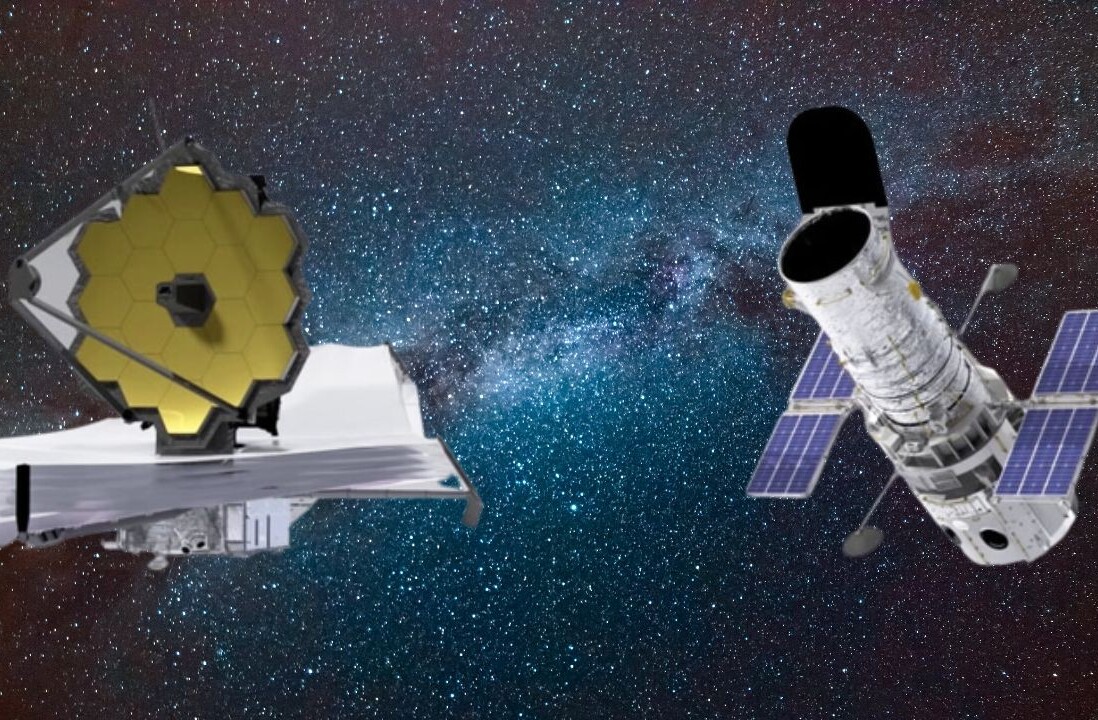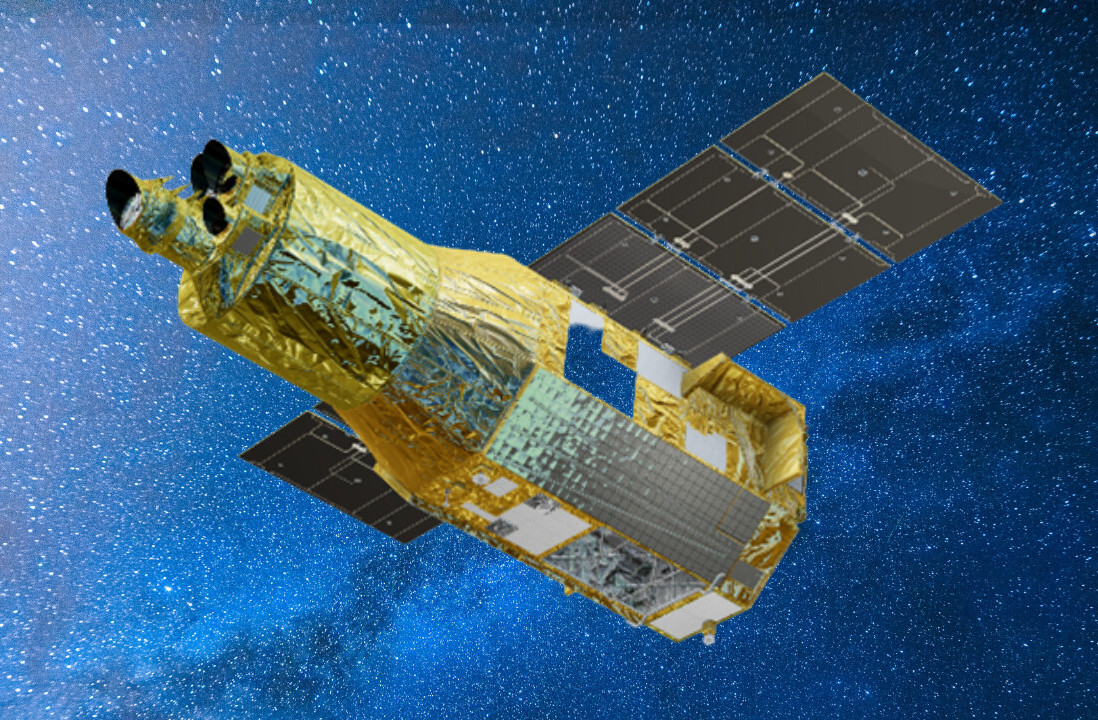A year after completing the first powered and controlled flight on another world, NASA’s Ingenuity helicopter is still setting records on Mars.
The chopper recently hit a pair of new milestones: its farthest and fastest ever flights on the red planet.
The rotorcraft traveled 704 meters at a speed of 19 kmph on its landmark 25th flight.
That might not win a Grand Prix on Earth, but it’s pretty impressive on Mars. The red planet’s atmosphere is less than 1% as dense as ours, and its temperature can plunge to minus 130 degrees.
NASA this week shared a black-and-white film of the trip, which took place on April 8.
“For our record-breaking flight, Ingenuity’s downward-looking navigation camera provided us with a breathtaking sense of what it would feel like gliding 33 feet above the surface of Mars at 12 miles per hour,” said Ingenuity’s team lead Teddy Tzanetos.
You can watch the feat by clicking on the video atop this article.

You may notice that the video is shorter than the flight stats suggest.
In an apparent nod to our declining attention spans, NASA sped the 161.3-second flight up around five times — reducing the clip to a succinct 35 seconds.
The footage starts about one second into the flight.
Ingenuity first climbs 10 meters above the Martian surface, before accelerating to its top speed in under three seconds.
Heading southwest, the chopper flies over sand ripples, rock fields, and finally flat terrain, where it lands.
The entire flight is autonomous. NASA’s boffins plan the route and send directions to the Perseverance Mars rover, which then relays the instructions to Ingenuity.
After taking off, the helicopter relies on onboard sensors to navigate the landscape.
The new records aren’t the last of Ingenuity’s ambitions. After recently losing communications for the first time in the mission, NASA this month re-established contact with the drone.
Ingenuity is now preparing for operations during the harsh Martian winter.
At this rate, the plucky drone will live long enough to welcome Elon Musk’s indentured laborers to their hellish lives on Mars.
Get the TNW newsletter
Get the most important tech news in your inbox each week.





